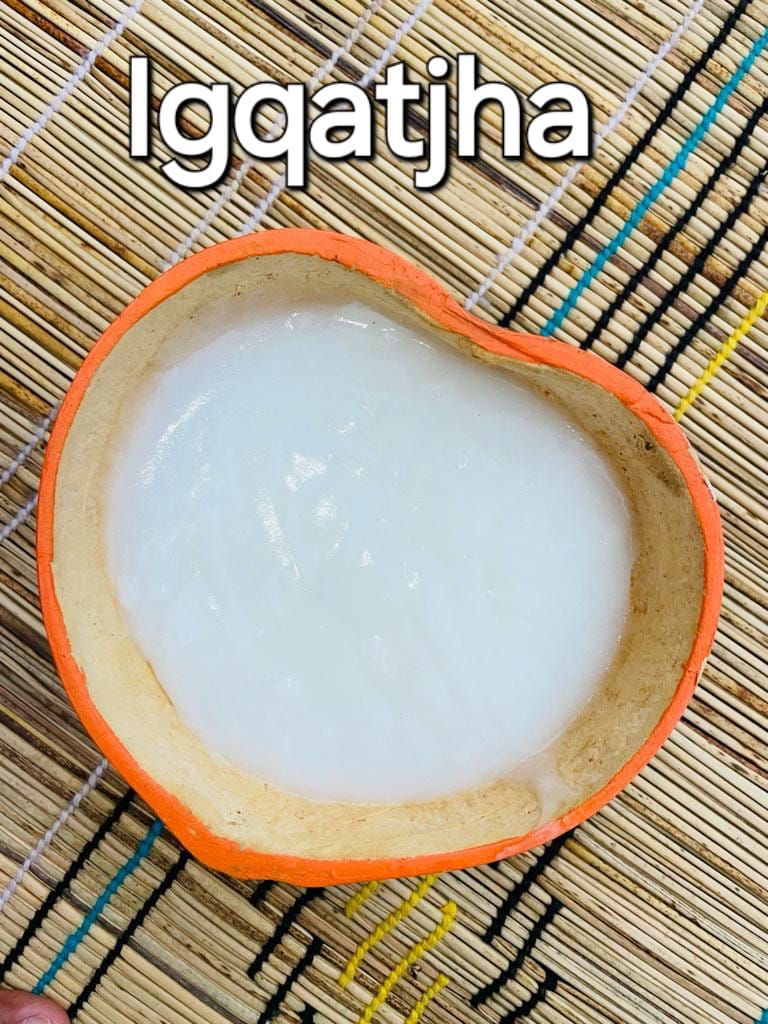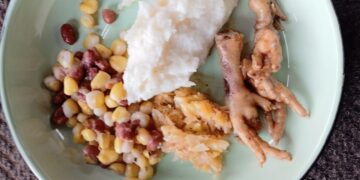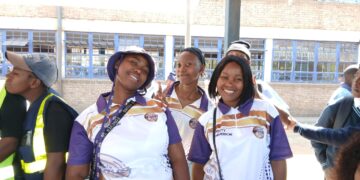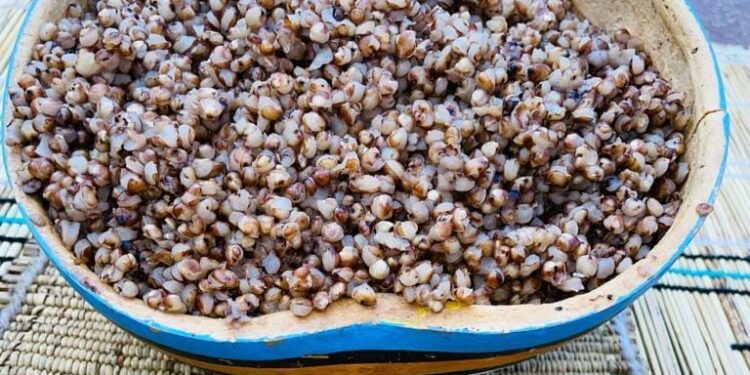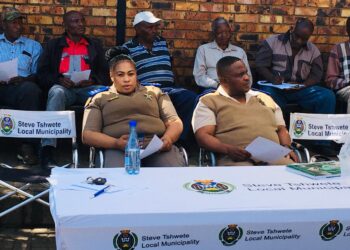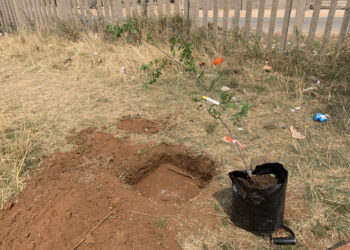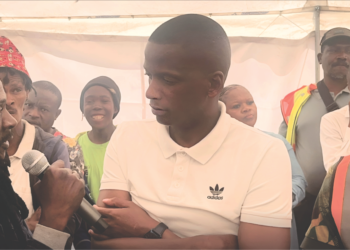THEMBALETHU- Food is more than just something we eat, it carries stories, memories and culture. For our Ndebele grandparents, every meal had meaning. It connected families, celebrated the harvest and reminded people of who they were. This Heritage Month, we look back at the traditional foods that kept our forebears strong and proud of their roots.
Professor Thuthukile Kabini (61) is a traditional healer, musician and community developer in culture and heritage.
She explains that many of these dishes were made from simple ingredients found in the fields, gardens and kraals. Yet, even though the meals were simple, they carried rich flavours and deep cultural value. These foods were part of daily life and special ceremonies alike, from porridge that warmed families on cold mornings, to sour milk that was shared with laughter around the fire.
“These dishes shaped the Ndebele way of life, it’s the food that kept traditions alive and still reminds us of where we came from”, says Prof. Kabini.
Isijeza
Isijeza is a porridge made with pumpkin. First, you boil the pumpkin. Once it is soft, you mix it with a maize meal and cook it the same way as soft porridge (umratha). Isijeza helps strengthen the body’s immune system and bones. It also provides water to the body and keeps you hydrated.
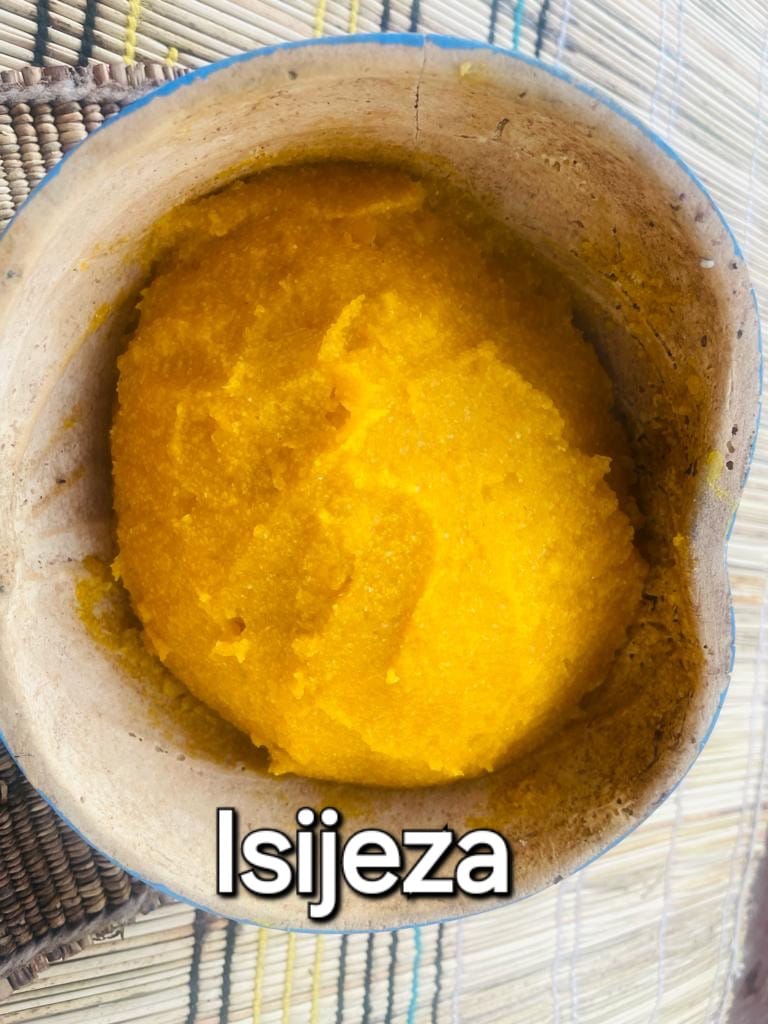
Isidudu
Isidudu is a porridge cooked with sour milk or traditional beer. It is prepared the same way as ordinary porridge. Isidudu helps to clean the stomach.
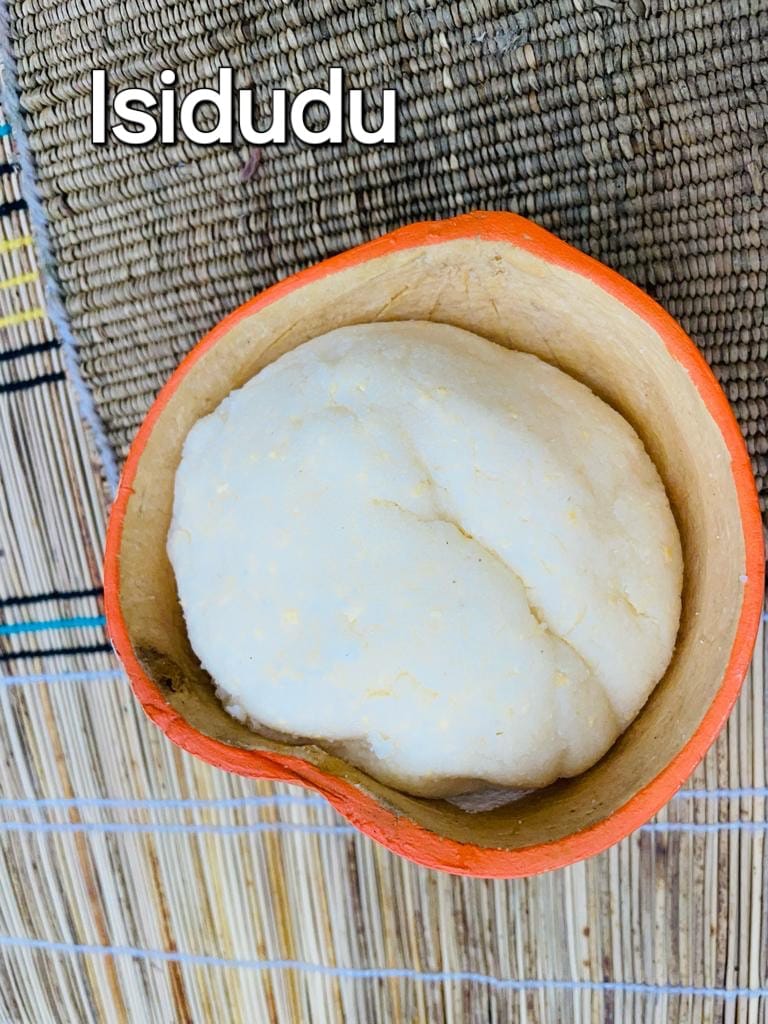
Irhayi leembhontjisi
This dish is made with beans and water. It is a body-building food that helps strengthen the muscles.
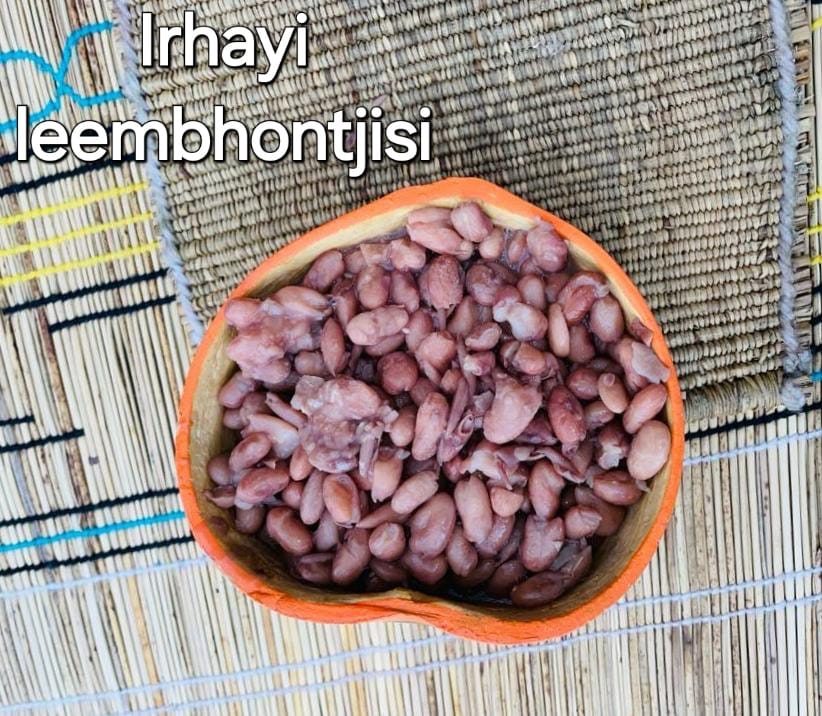
Itseletsele
Itseletsele is cooked with amabele (sorghum) and water. It is usually prepared by an elder. Traditionally, it was believed to help young children control their emotions before they reached puberty.
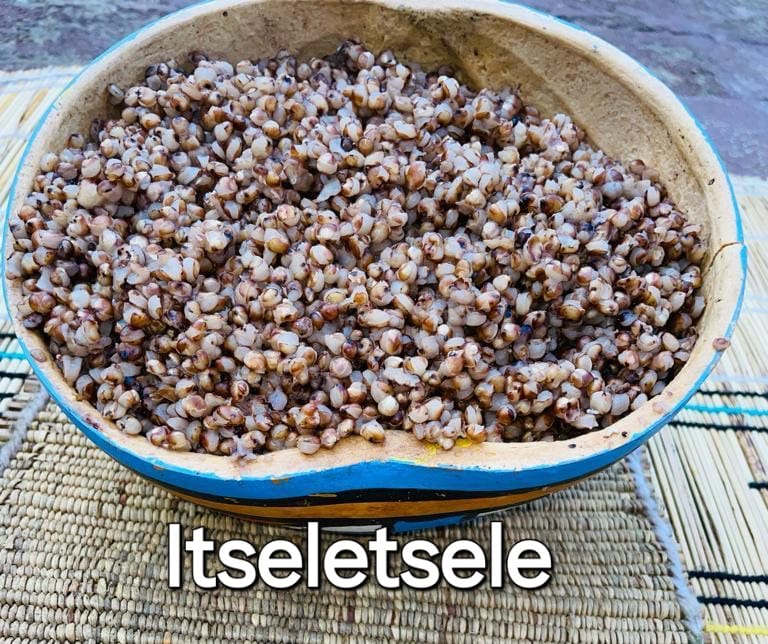
Igqatjha
For igqatjha, you use a maize meal called stofmeel. You soak it for three days. When cooking, you boil water in a pot, then add the soaked maize meal while whisking until it boils well. Igqatjha helps clean the body by flushing out unwanted substances from the system.
